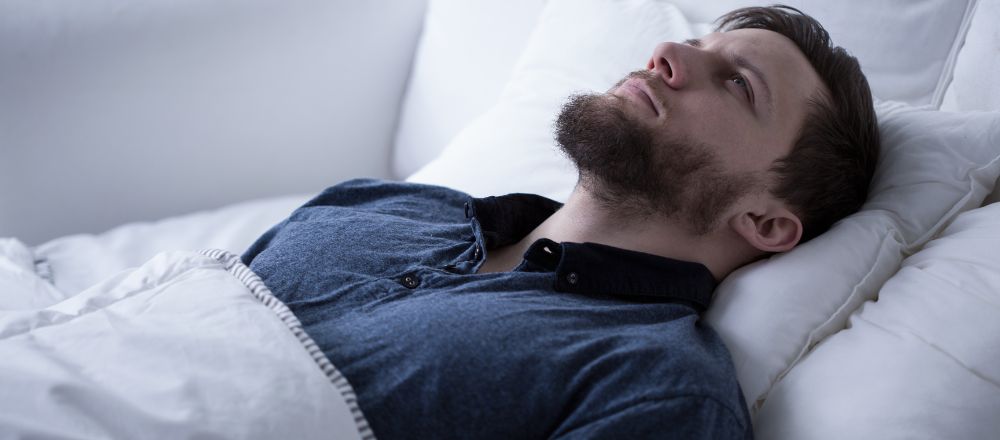People often call life unfair because of their inability to handle their lifestyle. The one thing you should not miss out on is the ignorance towards your mental and physical health. It is due to the synergy of these two areas that you can help you navigate through the day peacefully and enthusiastically. A lot… Continue reading What Is Zoltrate 10mg Used For?
What Is Zoltrate 10mg Used For?











